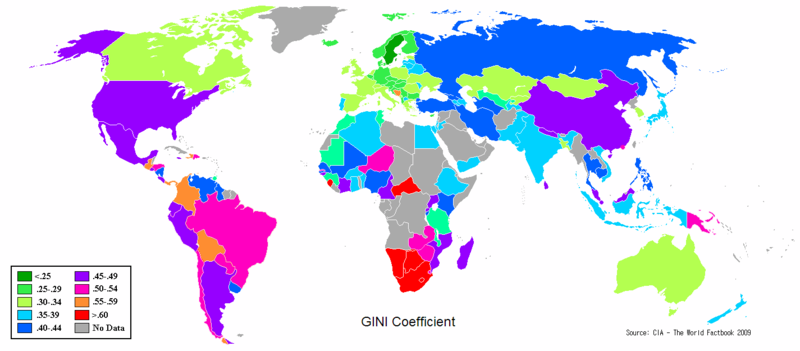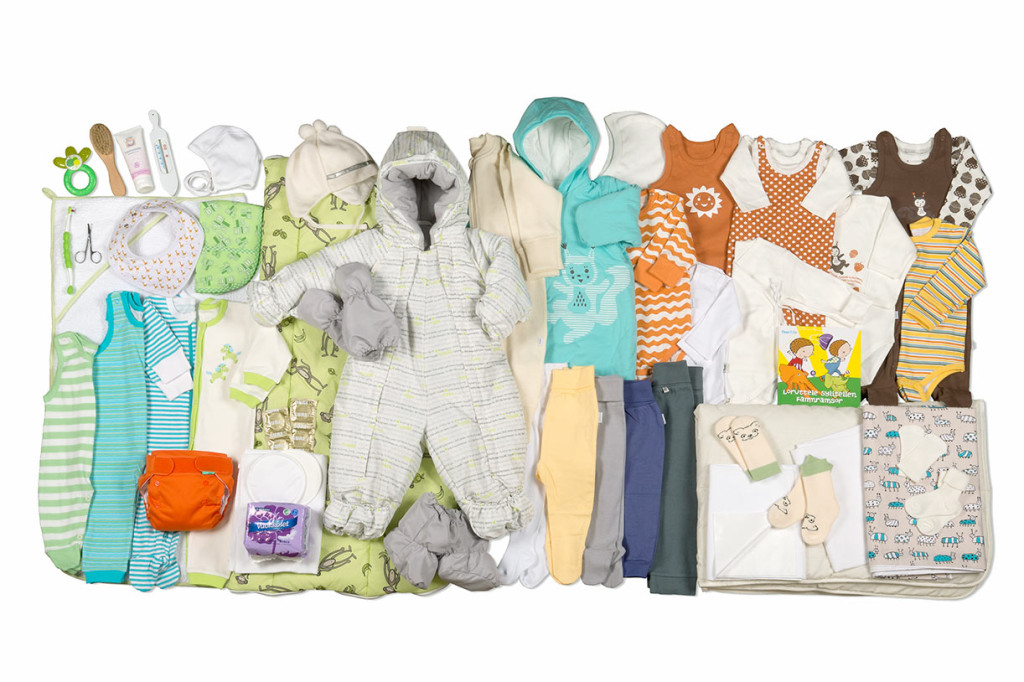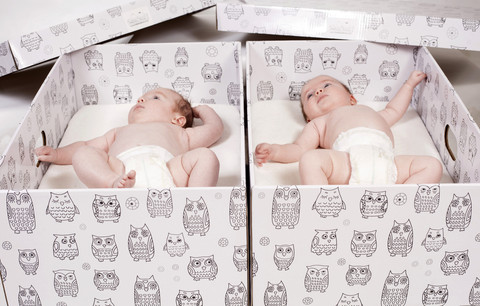Greetings from Helsinki, land of The Moomintrolls, endless light and… hardcore egalitarianism. I’ve had the pleasure of talking to some lovely Finnish people these past few days, and they’ve all conveyed a jubilant sense of equality/incredulous claustrophobia of classed societies. Finns have long been world leaders in literacy,  happiness, gender and wealth distribution (below). I’ve been wondering what makes the Finns so advanced?

Gini Coefficient World CIA Report 2009 Â
A map of income inequality. Australia is only slightly behind Sweden, for the time being, but seeing as the Abbott government is basing our social policy on the US of A, I guess we’ll be sliding down towards purple before long.
A sociological perspective would argue that there is an existing cultural convention of equality which materialises in policy, media and industry through laws such as the sliding fine scale, through to high emphasis on public education. Conventions are hard to change and take concerted efforts from different social players. However one social policy intervention stands out as most likely to encourage further equality, the Kela Maternity Package.
This package dates back to the 1930s when the state ruled to give one to expectant mothers as a means of both combating infant mortality and boosting birth rates. Mothers must access health services during pregnancy in order to be eligible for the package, giving babies the healthiest start in life.
The box is designed to support the first year of infant care, containing children’s clothes, nappies, gauze towels and other child-care products. The mattress is the same size as the box, which is often used as the infant’s first crib. The maternity package has been used for various social and environmental causes; ten years ago bottles and dummies were taken out to encourage breastfeeding, nappies have been reusable since 2000 and all garments are gender neutral. Finnish babies, from all walks of life, all spend their first year wearing the same clothes, playing with the same toys and sleeping in the same cardboard box.
Imagine knowing that you slept in the same cardboard box as your friends, bus driver and prime minister.


